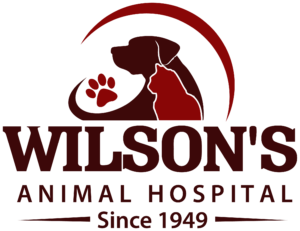
Surgical Services for Pets
Our veterinary team offers a range of surgical procedures, from routine to more advanced. Regardless of the reason your pet is on the operating table, you can expect your pet will receive the highest standard of care. They will be in great hands during their surgical procedure and we’ll do everything we can to ensure they have a safe surgery.
What precautions do you take to ensure my pet’s safety?
Before your pet undergoes surgery, especially if they’ll be under anesthesia, we perform a full physical exam and bloodwork to ensure they’ll react well to the surgery. During your furry friend’s procedure, they’re closely monitored for changes in their vitals so we can act quickly if we need to. After surgery, your pet will receive medication to support pain management and a healthy recovery. In addition, if your pet needs more specialized care, we’ll refer them to a board-certified surgeon to perform their procedure.
What types of procedures do you perform?
Our highly skilled team is well-trained and equipped to perform a wide range of procedures, including spay, neutering and soft tissue procedures. If you have questions about our procedures, don’t hesitate to contact us at 905.682.7857. The most common soft tissue surgeries we perform are removing lumps and masses. After testing, these are usually benign (non-cancerous) but if the results are more serious, early detection improves our ability to treat your pet. We also perform surgeries that help pets who suffer from frequent ear infections and solve several problems they might experience with their eyes.
How do I care for my pet post-surgery?
Your pet might not seem quite like themselves after surgery or they may seem completely normal after a procedure. It’s important to closely follow our post-operative instructions to ensure your pet makes a speedy, healthy and full recovery. This might mean ensuring your pet doesn’t lick their incisions, checking their surgery site daily, limiting your pet’s physical activity, maintaining their comfort, as well as ensuring they’re eating properly and remain well hydrated.
